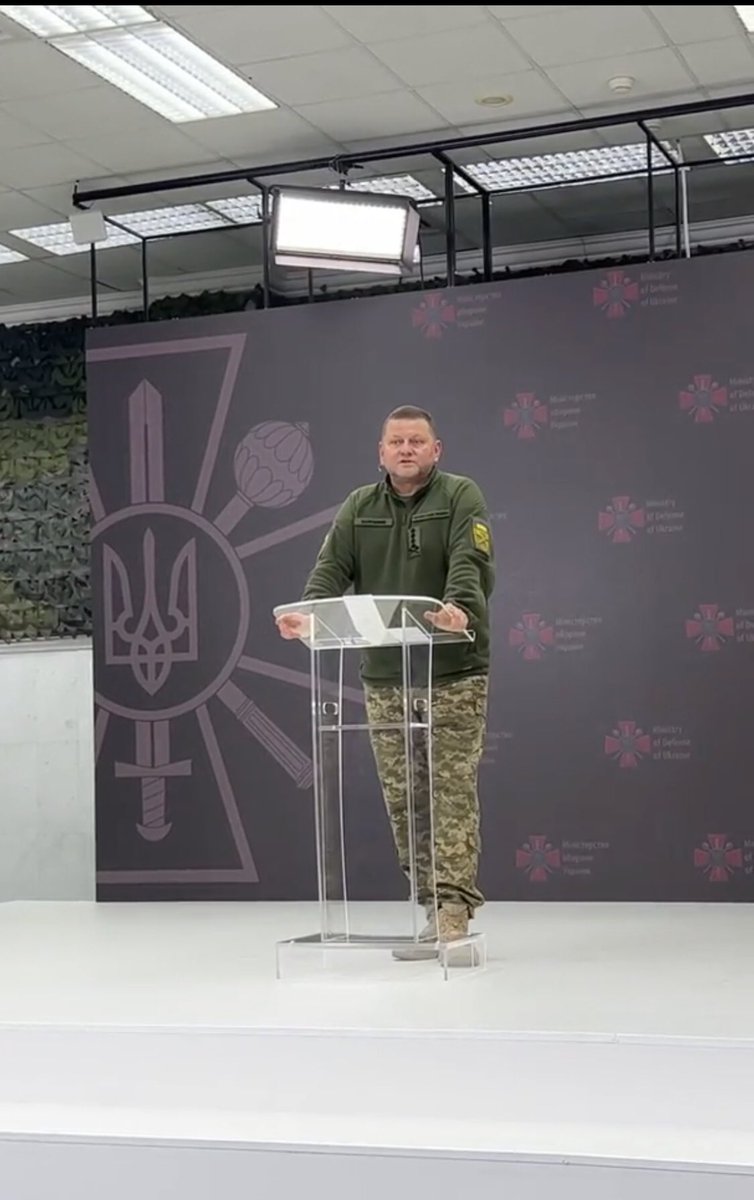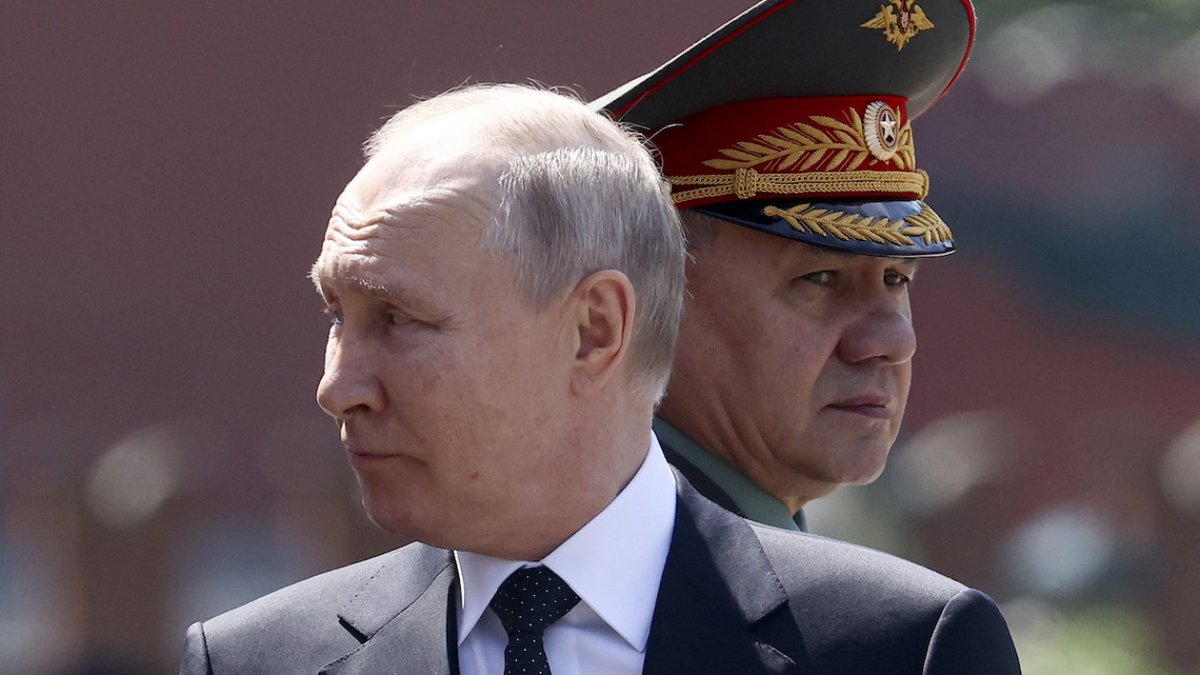It is a historic agreement on security cooperation signed by Sunak and Zelensky today in Kyiv. The agreement is significant for both practical and political reasons especially when the Republican lawmakers are blocking a $60 billion package to 🇺🇦.
A quick thread (1/6):
A quick thread (1/6):

UK will continue provision of security assistance and modern military equipment, across the land, air and sea, space and cyber domains – prioritising air defence, artillery and long-range firepower, armoured vehicles, and other key capabilities as required. 2/6
such as combat air, and by promoting increased interoperability with Euro-Atlantic partners. The UK will jointly lead the Maritime Security Capability Coalition and will make significant contribution to Ukraine’s maritime fleet development. 3/6
The Maritime Capability Coalition aims to support Ukraine to become a net contributor to maritime security across the Black Sea and Azov Sea out to 2035 and beyond. 4/6
🇬🇧 and 🇺🇦 will work to transform Ukraine’s defence industry into a powerful asset for 🇺🇦 and Euro-Atlantic security, enabling 🇺🇦 to restore its territorial integrity, acting as a major driver in economic recovery and contributing to effective deterrence of future aggression. 5/6
UK will provide support for enhancing Ukraine's critical infrastructure protection, leveling up cyber capabilities and deepen cooperation on combating Russian disinformation and propaganda. 6/6
• • •
Missing some Tweet in this thread? You can try to
force a refresh










